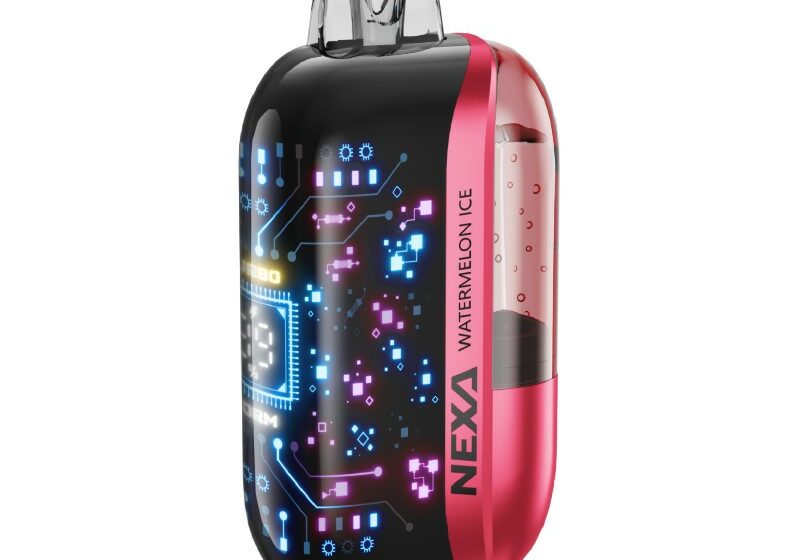
The Oregon Court of Appeals on Oct. 16 struck down a law restricting the packaging of vape and cannabis products on the grounds that the legislation unconstitutionally restricts free speech, reports Keller & Heckman.
The contested law prohibited an “inhalant delivery system” from being packaged “in a manner that is attractive to minors.” Subsequently, the Oregon Health Authority banned the use of cartoons, celebrities and other representations that are likely to appeal to minors.
It also restricted descriptive words for flavors that are likely to appeal to minors, such as tart, tangy or sweet. In addition to a comprehensive list of items explicitly prohibited from packaging, the rule includes a general catch-all restriction to include any presentation, shape, graphic, coloring or writing that is likely to appeal to minors.
Plaintiffs Paul Bates and No Moke Daddy argued that the packaging restrictions were overly broad and unconstitutionally vague and infringed on their right to free speech by prohibiting truthful, non-misleading communication.
the Oregon Court of Appeals reversed a lower court’s dismissal of the challenge, noting that the law violates free speech as outlined in the Oregon Constitution.
The Court of Appeals explained that selling products is a form of communicative behavior that may involve protected speech. The court stated that the law restricting “attractive” packaging is reasonably interpreted to refer to the communicative aspects of the packaging and not its functionality. Thus, the packaging restrictions are a direct restriction on expressive speech.















 The minister of mental health and addictions says the federal government will ban most vape flavors across Canada soon — more than three years after Ottawa first promised to bring in the regulations.
The minister of mental health and addictions says the federal government will ban most vape flavors across Canada soon — more than three years after Ottawa first promised to bring in the regulations.


